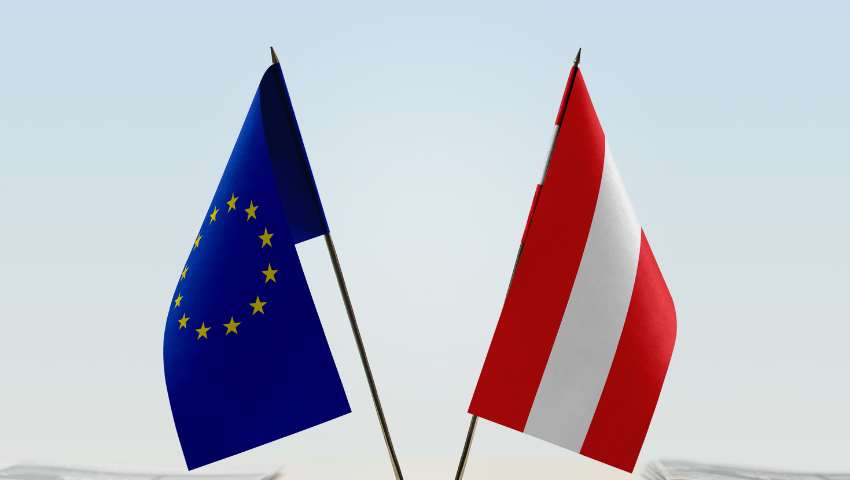ENGA’s Austrian member ARGE Gentechnik-frei, in cooperation with the Austrian Environment Agency, has analysed the EU Commission’s proposal for a new legislation on New Genomic Techniques and their products (NGTs). Their White Paper, published in September, concluded: The proposal requires wholesale improvement!
Proposal is based on highly dubious assumptions and assertions
The overall aim of the Commission’s proposal is to promote easier market access and the cultivation of NGTs in the EU. This aim is based on highly dubious assumptions and assertions, according to the White Paper. The promise that NGT plants will contribute to sustainability and play an important role in ensuring food security cannot be substantiated by current research. Only around 3% of developed plants have traits such as tolerance of salinity stress or drought stress as a climate change adaptation, which was cited as an example of sustainability by the Commission. These plants are in a development stage, none of them are yet on the market. The Commission itself notes that food security in the EU is not under threat.
Proposal puts Non-GMO production at risk
By expressing substantial support for a single method of breeding and producing plants while simultaneously failing to consider alternatives and removing transparency and traceability requirements, the Commission is significantly restricting the opportunities available to GM-free and organic farmers – which is highly questionable from a competition perspective.
NGTs remain prohibited in organic farming (and also in Non-GMO production). Without traceability and labelling requirements, detection methods and coexistence measures for all NGTs, it is entirely unclear how this prohibition can be implemented.
With a deregulation of NGTs, the European Green Deal target of using 25% of agricultural land for organic farming cannot be achieved, as widespread contamination of organic agriculture and food production is probable.
Monitoring and control of GMO-free and organic production will involve considerably greater expenditure than to date. All additional work and costs will fall on those who don’t use NGTs, which nullifies the polluter-pays-principle.
Proposal “criminally” ignores precautionary principle
Maintaining a high level of protection of human health and of the environment – a goal referenced in the proposal itself – cannot be achieved without risk assessments, which would be removed completely for category 1 plants. They comprise about 94% of all NGTs, according to the German Agency for Nature Protection. For category 2 plants a limited risk assessment is planned. The abolition or restriction of risk assessments contradicts the precautionary principle.
Category 1 NGTs are considered equivalent to conventional plants. The criteria for equivalence are so broad that most of the products currently in development fall into this category. 20 modified or excised DNA building blocks, and 20 different modifications per product lack any scientific basis and have not been justified by the Commission.
Proposal abolishes freedom of choice for business operators and consumers
For category 1 NGTs only seeds need to be labelled, not feed and food. Large parts of the production chain and retail will be kept in the dark about the NGT status of a product. The same applies to consumers. Their freedom of choice will be abolished.
…… and costs will be for those to pay who do not want NGTs
Monitoring and control of GMO-free and organic production will involve considerably greater expenditures than to date. All additional work and costs will fall on those who don’t use NGTs, which goes completely against the polluter-pays-principle.
What can companies in the GMO-free sector (across Europe) do?
The White Paper recommends taking a clear position with customers and politicians, to emphasise the vital significance of GM-free production for consumers, farmers and food processors, to engage proactively with politicians at EU, national and regional level and call on them to uphold their freedom to conduct business.
